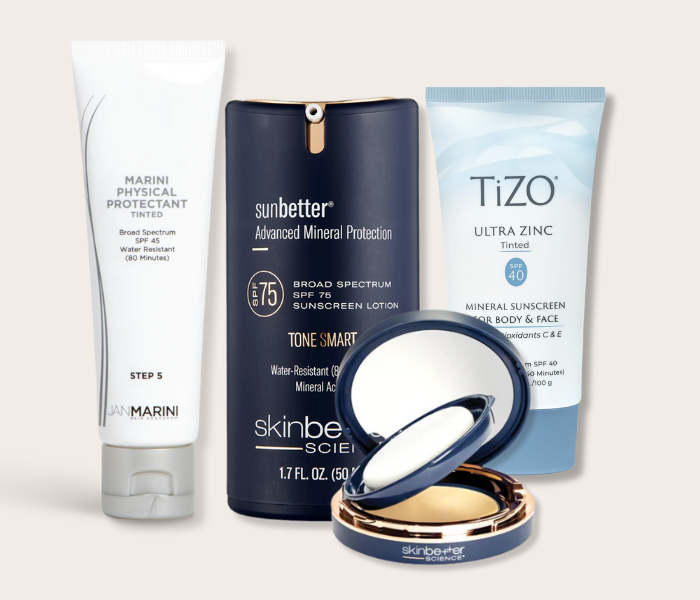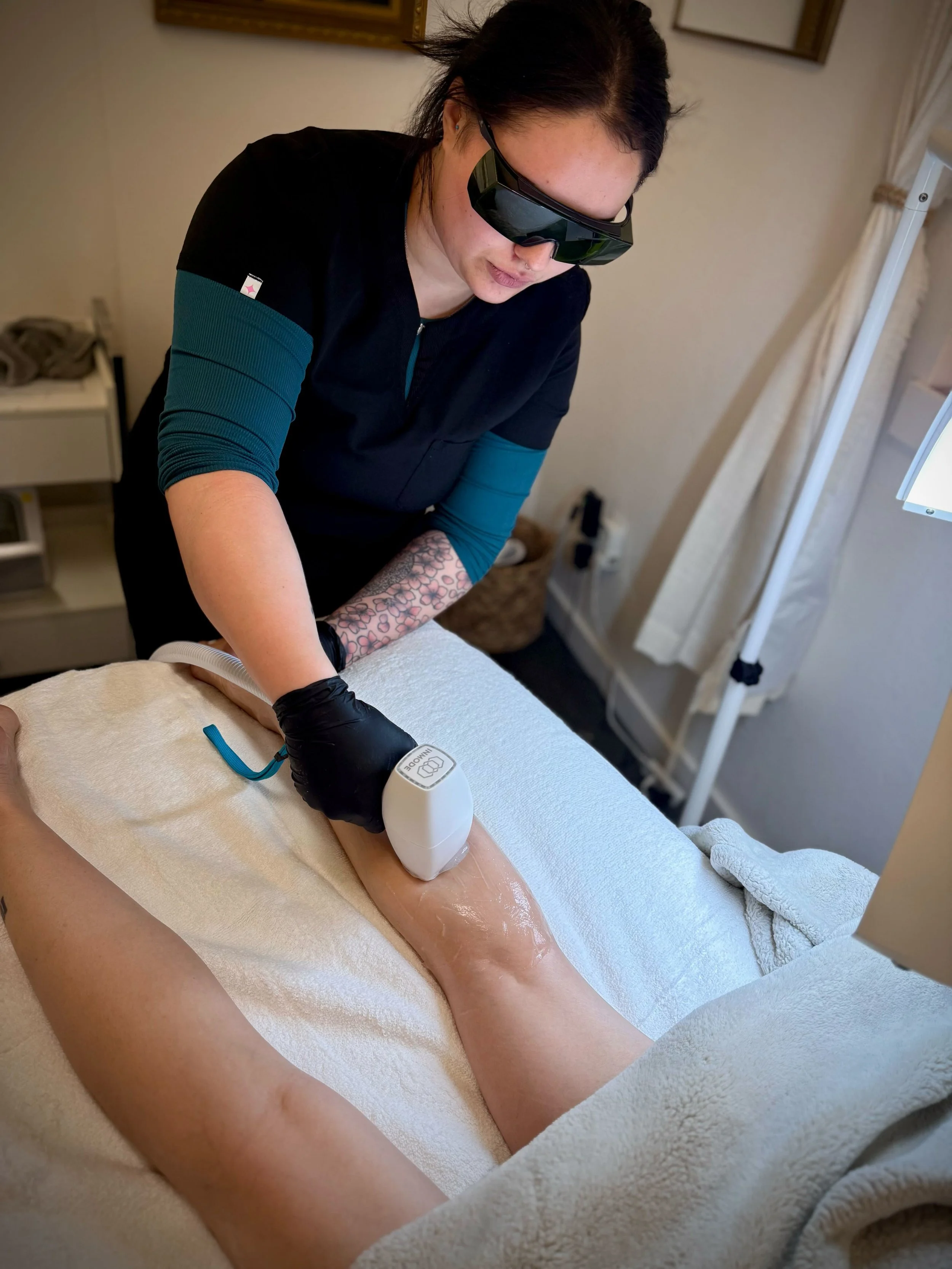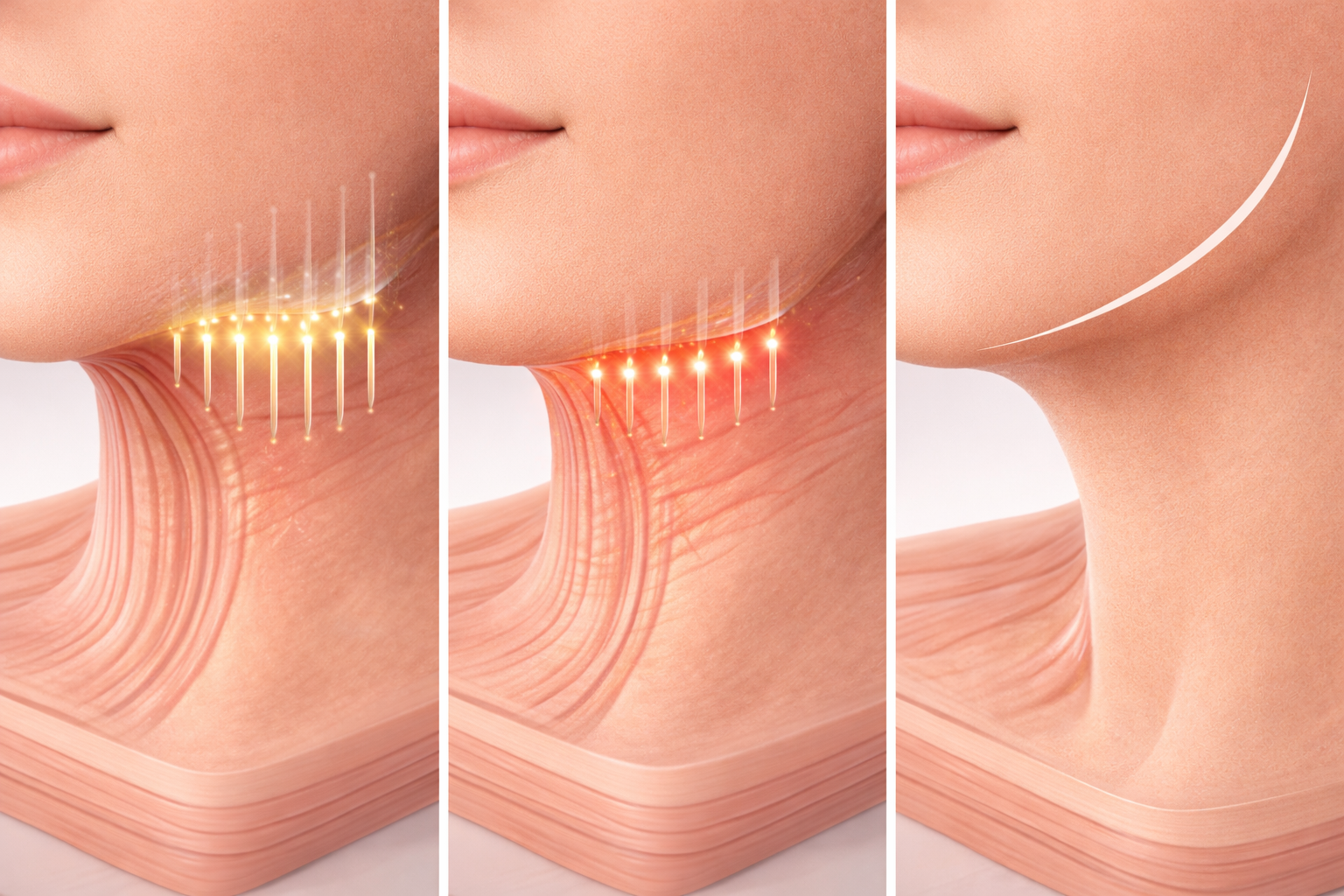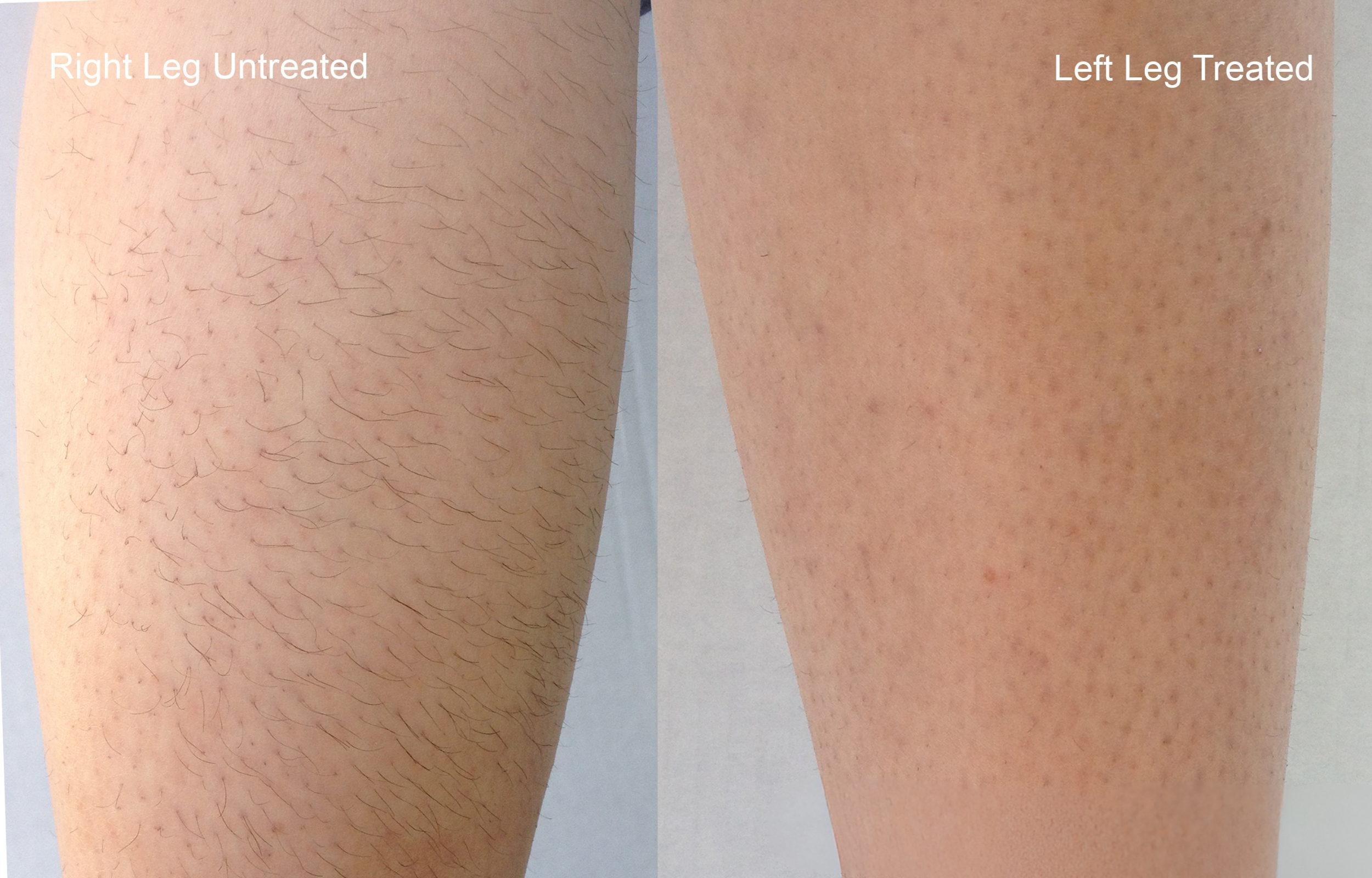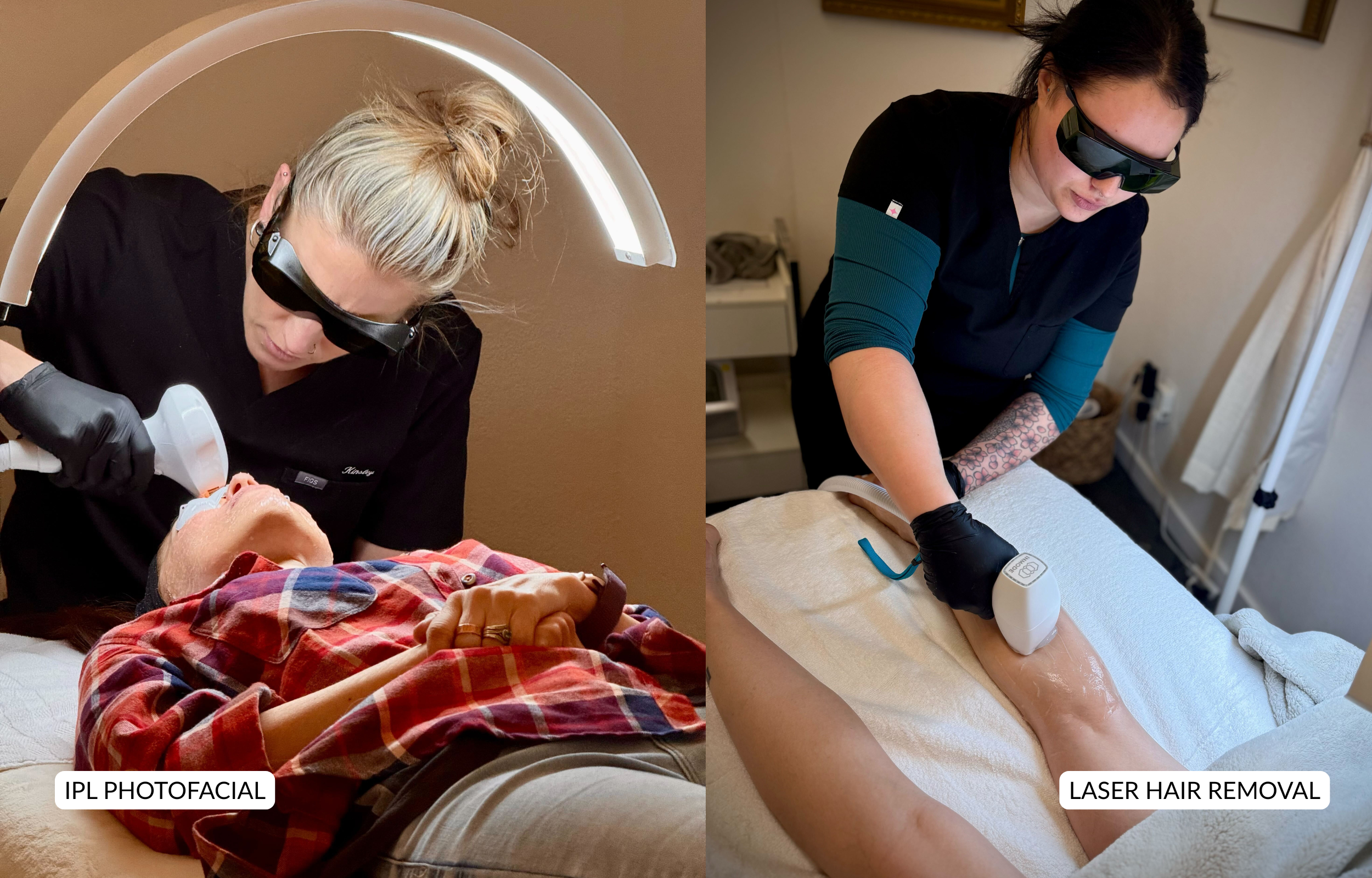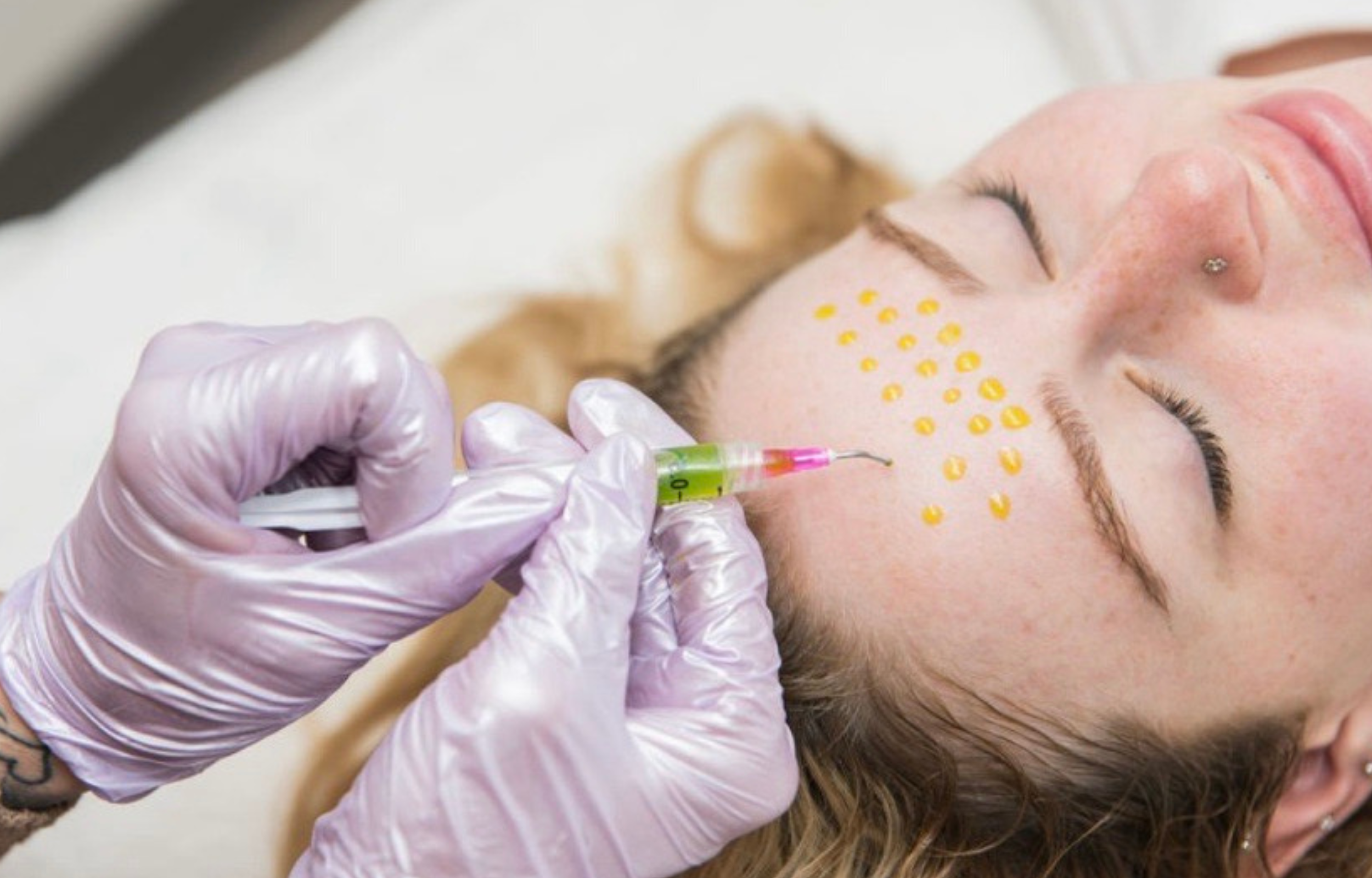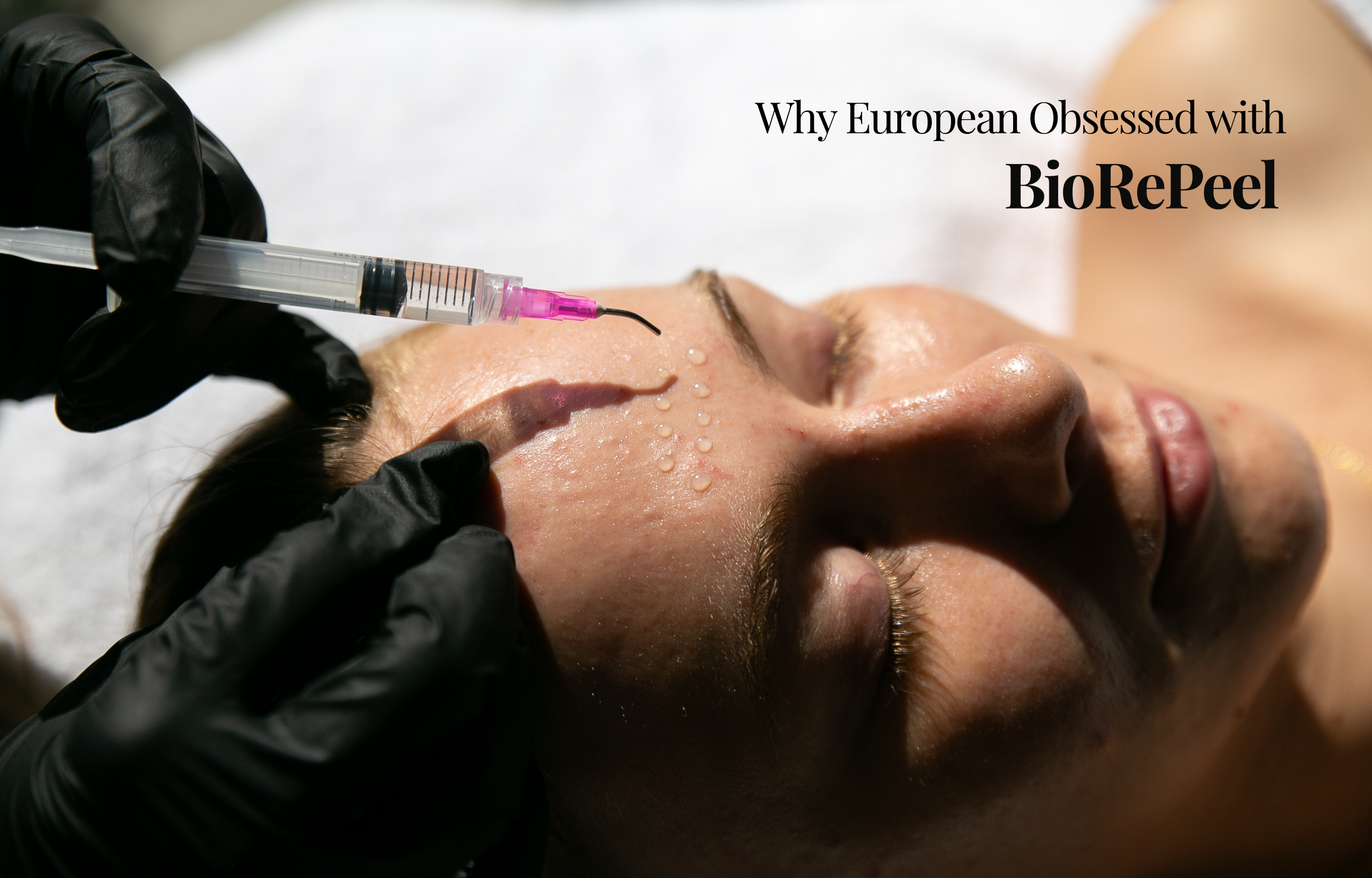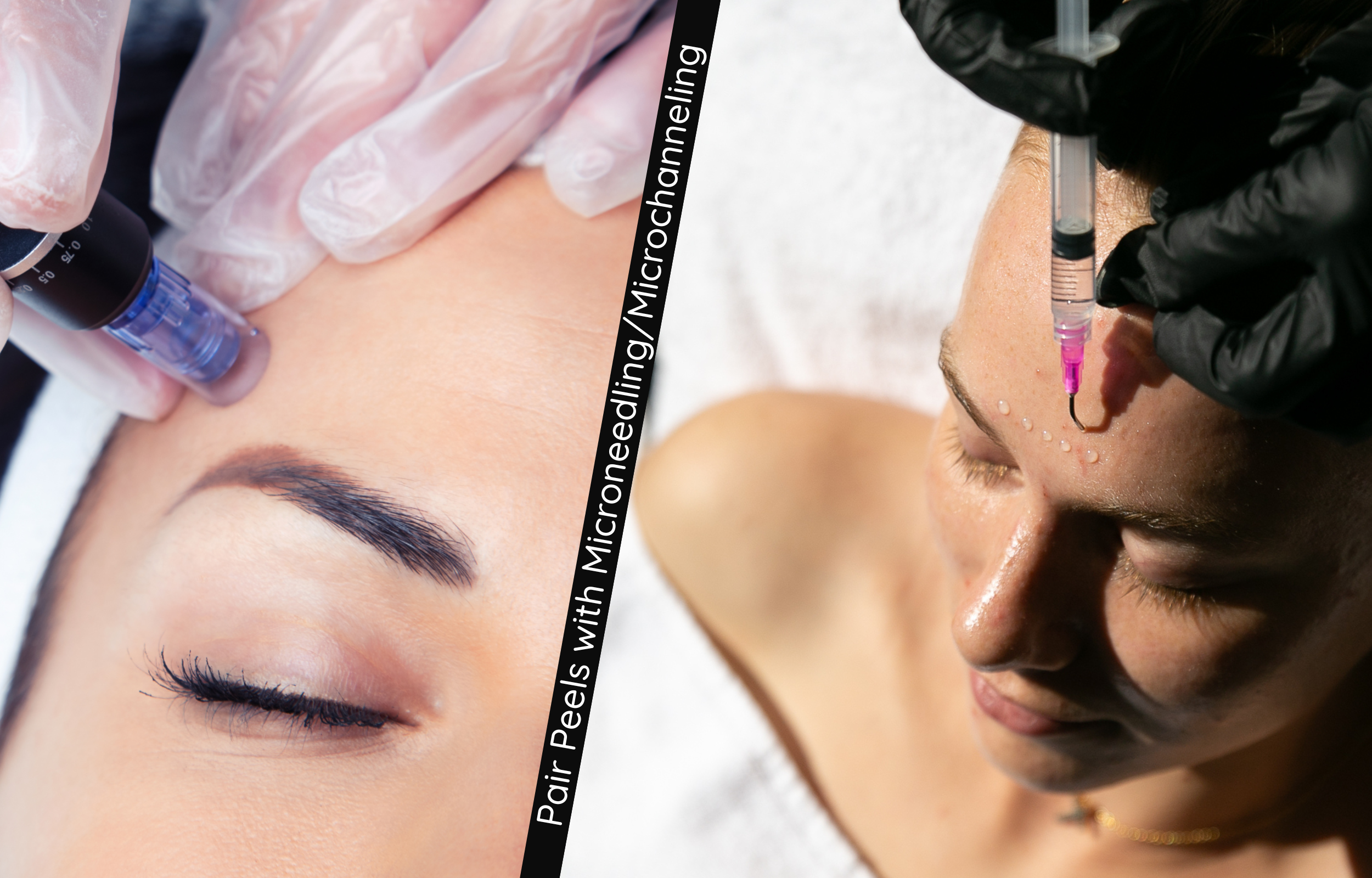The Truth About Acne and Sunscreen: Why You Can’t Skip It
If you struggle with acne, you’ve likely tried everything to keep breakouts at bay—from cleansers and serums to cutting out dairy and sugar. But there’s one step many people still overlook or even skip entirely: sunscreen. Why? Because of the long-standing myth that SPF causes breakouts. The truth is, wearing sunscreen daily is non-negotiable for acne-prone skin. Not only does it protect your skin from harmful UV rays, but it also plays a crucial role in healing acne, preventing hyperpigmentation, and supporting skin barrier health.
Busting the Myth: Does Sunscreen Really Cause Breakouts?
It’s a misconception that sunscreen causes acne. The truth is, it’s not the sunscreen itself, but the wrong kind of sunscreen that can trigger breakouts. Traditional formulations often contain pore-clogging ingredients like synthetic oils, fragrances, or certain chemical UV filters that can aggravate sensitive or acne-prone skin.
Common culprits in breakout-causing sunscreens
Oxybenzone and avobenzone (chemical filters that can irritate)
Heavy emollients like coconut oil or isopropyl myristate
Fragrances (both synthetic and natural essential oils)
Comedogenic ingredients not suitable for acneic skin
But high-quality, non-comedogenic sunscreens, especially mineral or physical sunscreens, are formulated to protect without clogging pores. The key is choosing the right SPF tailored for acne-prone skin.
Why Acne-Prone Skin Needs Sunscreen Every Day
Here’s what happens when you don’t wear sunscreen while treating acne:
Post-inflammatory hyperpigmentation (PIH) gets worse.
Acne spots can leave dark marks behind. UV exposure darkens these spots, making them more stubborn.Acne treatments make skin more sensitive to the sun.
Ingredients like retinoids, benzoyl peroxide, and salicylic acid increase sun sensitivity, leaving your skin vulnerable to burns and irritation.Inflammation increases with sun damage.
UV rays trigger inflammation, which is the root cause of acne. Sunscreen helps calm and protect.Skin barrier damage slows healing.
A weakened barrier can't fight bacteria or inflammation effectively, leading to more frequent or prolonged breakouts.
Best Types of Sunscreen for Acne-Prone Skin
To avoid irritation and breakouts, look for the following:
Mineral-based filters: zinc oxide and titanium dioxide
Oil-free and non-comedogenic formulas
Tinted options (they help blend skin tone and block visible light)
Matte or dry-touch finishes
Fragrance-free
Top Dermatologist-Recommended Sunscreens for Acne-Prone Skin
Here are some of the best sunscreens that check all the boxes for acne-prone skin:
1. Marini Physical Protectant SPF 45 Tinted
This broad-spectrum sunscreen offers zinc oxide-based protection while also giving a sheer, tinted finish that evens out skin tone without feeling heavy. It includes antioxidants like green tea extract for extra skin-calming benefits. The lightweight, oil-free formula is perfect for daily wear, even under makeup.
Why it’s great for acne-prone skin:
Non-comedogenic
Tinted to reduce the appearance of post-acne marks
Offers antioxidant protection to calm inflammation
2. sunbetter TONE SMART SPF 75 Sunscreen Lotion
One of the most advanced sunscreens on the market, this 100% mineral-based lotion is tinted to adapt to most skin tones. It has a luxurious feel, offers high-level UVA/UVB protection, and is non-irritating, making it ideal for sensitive, acne-prone skin.
Why it’s great for acne-prone skin:
Patented mineral technology
Water-resistant and long-lasting
No chemical filters or fragrances
3. TIZO® Ultra Zinc Body & Face Sunscreen (SPF 40)
This gentle, matte-finish sunscreen contains 20% zinc oxide, providing broad-spectrum protection that is ideal for sensitive and breakout-prone skin. It’s also reef-safe, free from parabens, dyes, and preservatives.
Why it’s great for acne-prone skin:
Ultra-gentle formulation
Offers both face and body coverage
Physical sunscreen with a smooth, non-greasy finish
4. sunbetter TONE SMART SPF 68 Sunscreen Compact
This unique tinted mineral sunscreen comes in a compact form, making it ideal for on-the-go touch-ups. It blurs imperfections and provides a semi-matte finish, making it a makeup and skincare hybrid.
Why it’s great for acne-prone skin:
Mineral-based and non-comedogenic
Portable and easy to reapply
Blends seamlessly with skin tone
Tips for Using Sunscreen with Acne-Prone Skin
Always cleanse before applying. Start with clean skin to avoid trapping oil or bacteria under your SPF.
Use enough. A nickel-sized amount for the face is the minimum. Most people don’t use enough.
Reapply every 2 hours if you’re outside or sweating.
Avoid layering too many products—keep your morning routine simple: cleanse, treat (if needed), moisturize, SPF.
Final Word: Sunscreen Is an Acne-Fighter, Not an Enemy
When used correctly, sunscreen protects your progress, prevents further damage, and supports skin healing. It’s time to move past the outdated belief that SPF causes breakouts. Instead, embrace it as an essential step in your acne-fighting routine.
With dermatologist-recommended options like Marini Physical Protectant SPF 45, sunbetter TONE SMART SPF 75, TIZO® Ultra Zinc, and sunbetter TONE SMART SPF 68 Compact, you can protect your skin without compromise.
Your skin deserves defense, not damage - don’t skip the SPF.
For Expert Advice call or text (406) 465-2000.
Skin Bliss was voted the #1 Best Skincare Clinic in Helena in the 2025 Best of Helena Awards. Helena’s premier destination for personalized skin health solutions.


